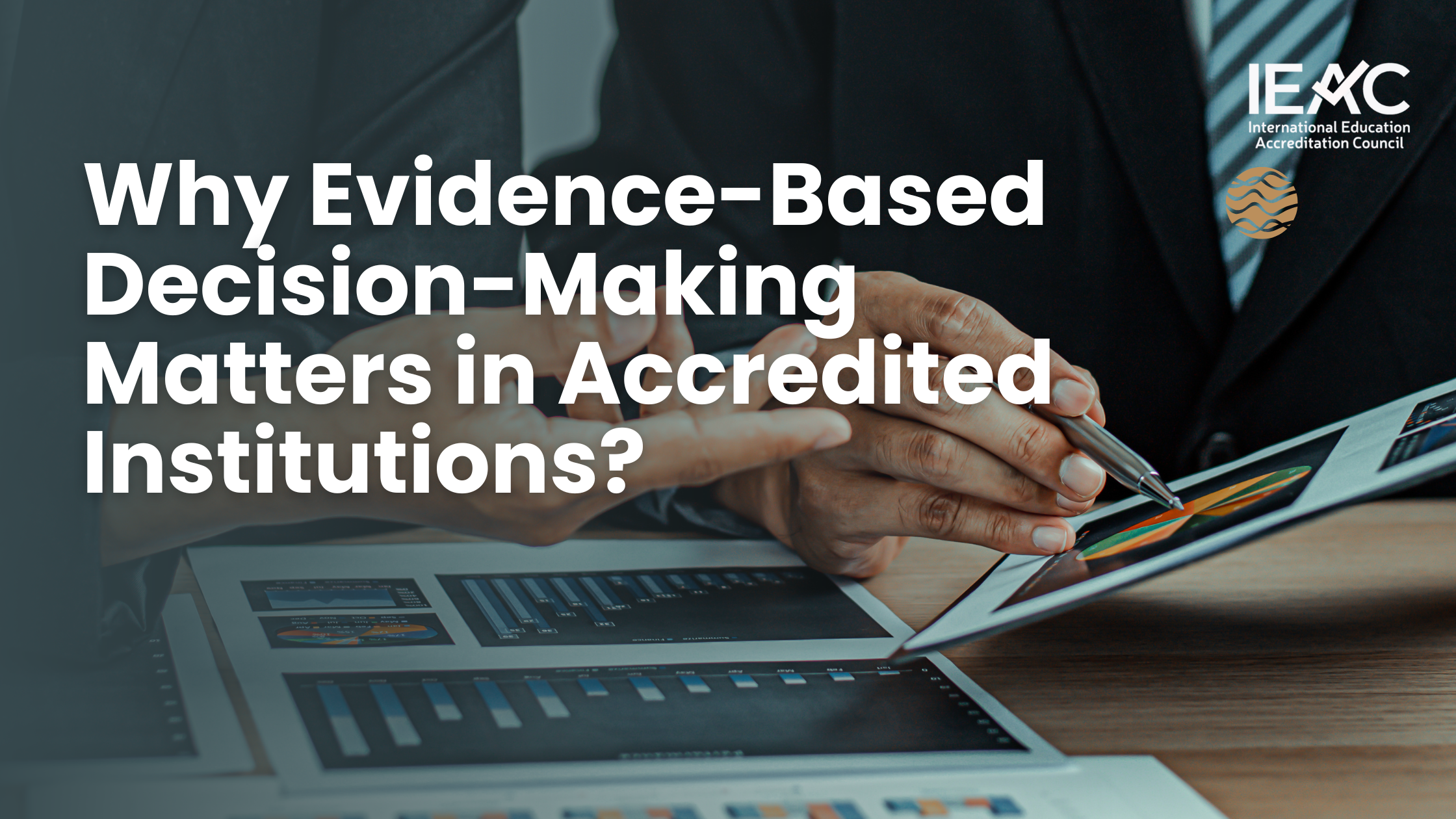- Home
- About IEAC
- Accreditation
- University Accreditation
- College Accreditation
- Online Institution Accreditation
- School Accreditation
- University Recruitment Agency Accreditation
- Programmatic Accreditation
- Teacher/ Lecturer Accreditation
- Religious Institutes Accreditation
- Affiliate Accreditation
- Research Accreditation Candidacy Accreditation
- IEAC Membership
- Institutions Accredited
- Accreditation Process
- Contact Us Webinar Apply Now
Blog
Accreditation of Online Courses: Ensuring Quality Education in the Digital Era
Lorem ipsum dolor sit amet, consectetur adipiscing elit, sed do eiusmod tempor incididunt ut labore et dolore magna aliqua. Quis ipsum suspendisse ultrices gravida. Risus commodo viverra maecenas accumsan lacus vel facilisis.
Accreditation of Online Courses: Ensuring Quality Education in the Digital Era
In recent years, online education has gained significant popularity as a convenient and flexible alternative to traditional classroom-based learning. With the advancement of technology and the internet, the accessibility and reach of online courses have expanded immensely. However, the question of accreditation arises when considering the quality and credibility of these courses. IEAC has explored the process of accrediting online institutions, in collaboration with various stakeholder groups, and this has led us to developing a robust online accreditation system, highlighting its importance in ensuring quality education in the digital era.
I. Understanding Accreditation:
Accreditation is a voluntary process through which educational institutions or programs undergo evaluation by an external body to validate their quality and adherence to established standards. Accreditation serves as an assurance of the institution's commitment to excellence, thereby instilling confidence in students, employers, and other stakeholders.
II. Challenges in Accrediting Online Courses:
Accrediting online courses presented IEAC with unique challenges due to the virtual nature of the learning environment. Some of the key challenges include:
1. Quality Assurance: Ensuring that online courses meet rigorous academic standards, maintain faculty expertise, and provide adequate student support services.
2. Assessment Methods: Developing reliable and valid assessment methods that accurately measure student learning outcomes in an online setting.
3. Faculty Qualifications: Evaluating the qualifications and expertise of online instructors to ensure they possess the necessary skills to effectively deliver course content and engage students.
III. The Accreditation Process for Online Courses:
Accrediting online courses typically involves the following steps: However, these may vary depending on the nature of the on line activity; Hybrid etc
1. Self-Assessment: The institution or program conducts a thorough self-assessment, evaluating its compliance with accreditation standards. This includes reviewing curriculum design, instructional materials, student support services, and technological infrastructure.
2. External Evaluation: IEAC recognised by relevant authorities, conducts a comprehensive evaluation of the online course. This evaluation typically includes a review of course materials, faculty qualifications, assessment methods, and student outcomes. Institutions need to give access to the inspector to their platform at both student and admin level. IEAC pay particular attention as to how they assure academic integrity and guard against any form of malpractice such as collusion, plagiarism, ghosting and personation.
3. Site Visits: In some cases, IEAC may conduct on-site visits to assess the institution's facilities and observe instructional practices, especially for institutions operating a Hybrid system. However, for total online courses, virtual site visits and interviews with faculty and students would be the norm.
4. Accreditation Decision: After evaluating the institution or program, IEAC makes a decision regarding accreditation status. This decision may include granting full accreditation, provisional accreditation with conditions, deferral or denial of accreditation.
IV. Importance of Accreditation for Online Courses:
Accreditation plays a vital role in ensuring the quality and credibility of online courses. It offers several benefits, including:
1. Quality Assurance: Accreditation ensures that online courses meet established standards, providing students with a valuable and rigorous educational experience.
2. Transferability of Credits: IEAC Accredited online courses are more likely to be recognized by other educational institutions, allowing students to transfer credits seamlessly and pursue further education.
3. Employer Recognition: IEAC Accreditation enhances the reputation and recognition of online courses among employers, increasing the value of the credentials earned by students.
4. Student Protection: IEAC Accreditation serves as a safeguard for students, protecting them from fraudulent or substandard educational offerings.
Wrapping it Up:
IEAC Accreditation of online courses is crucial in maintaining the quality and credibility of digital education. The process involves self-assessment, external evaluation, and accreditation decisions, ensuring that online courses meet rigorous academic standards. By obtaining IEAC accreditation, institutions and programs can provide students with a valuable, recognized, and high-quality educational experience. As the popularity of online education continues to grow, accreditation remains a key factor in ensuring a reliable and trustworthy digital learning environment.






